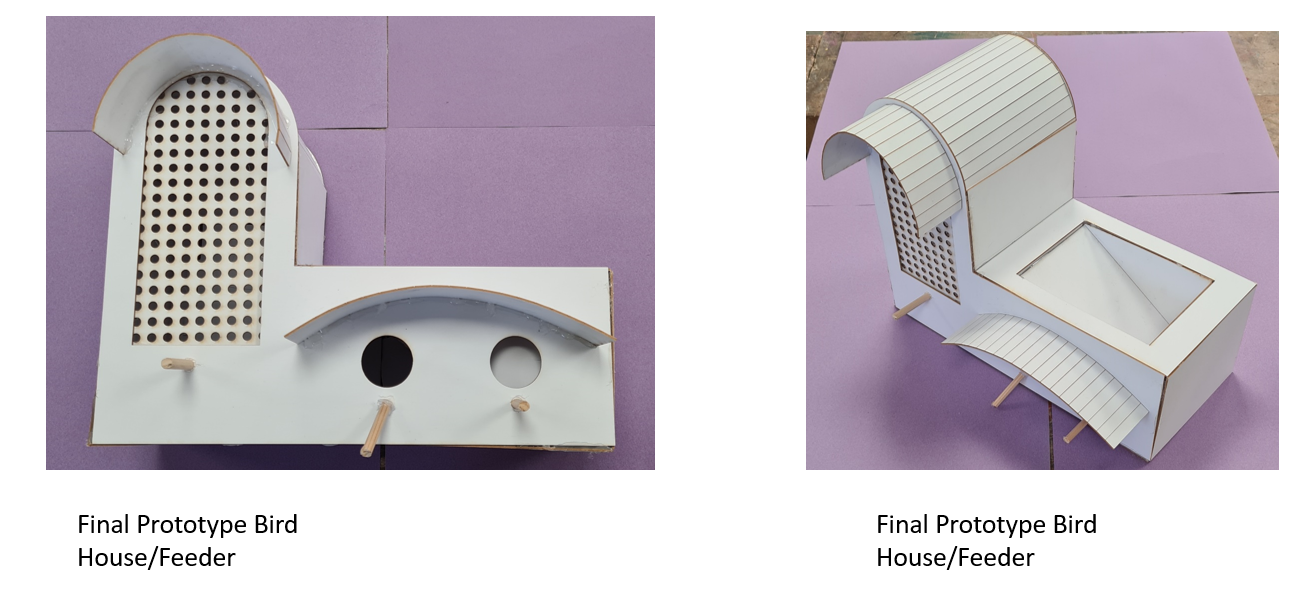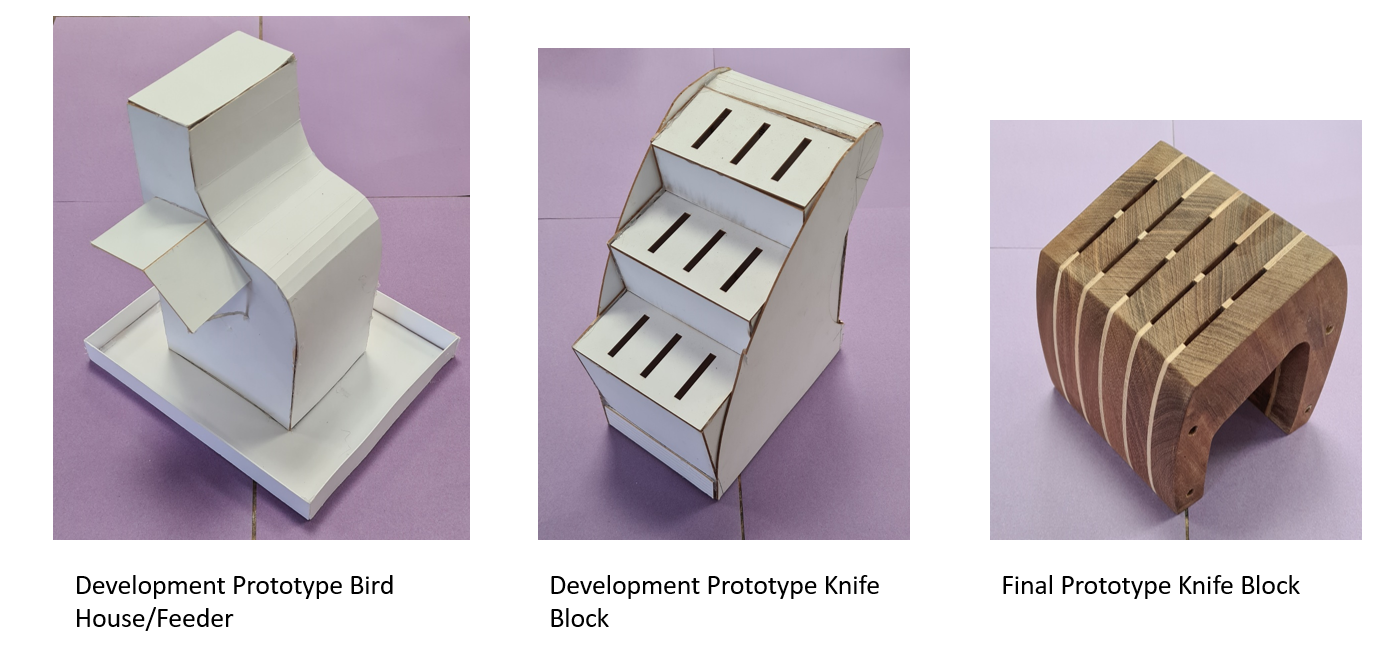Resistant Materials
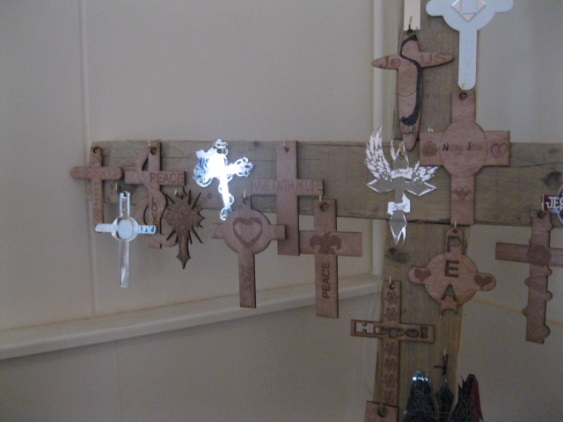
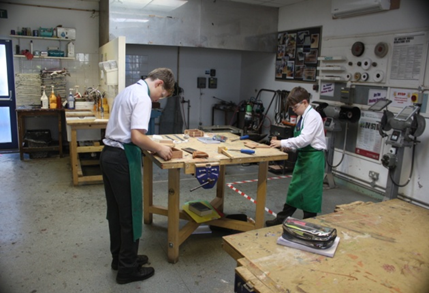
Key Stage 3
At St Mary’s we aim to introduce students to designing for the real world through building their confidence using materials such as wood, metal and plastics. They use a combination of practical skills, merged with current technology to produce products for which they carry out research, come up with ideas, develop them creatively and make them using the tools and equipment in our great workshops. They learn to think commercially, yet build a social and ethical responsibility which fits closely with the wider ethos of our school.
In KS3 pupils learn about designing for a client rather than themselves, they learn to generate ideas from scratch, to modify those ideas to make them even better and to look around them at other designers work as well as each other’s to begin to develop critical thinking. They learn basic hand skills as well as CAD CAM to understand a range of production methods, from one-off products to batch and mass production.
Year 7
Pen Tidy Project – students learn about the properties of wood and also how to use hand and machine tools. They use this understanding to design and make a wooden pen tidy using a mixture of wood types. They also learn shaping and finishing techniques.
Laser Cutter Project – students learn how to design products using a 2D design CAD programme and how to manufacture them using the laser cutter.
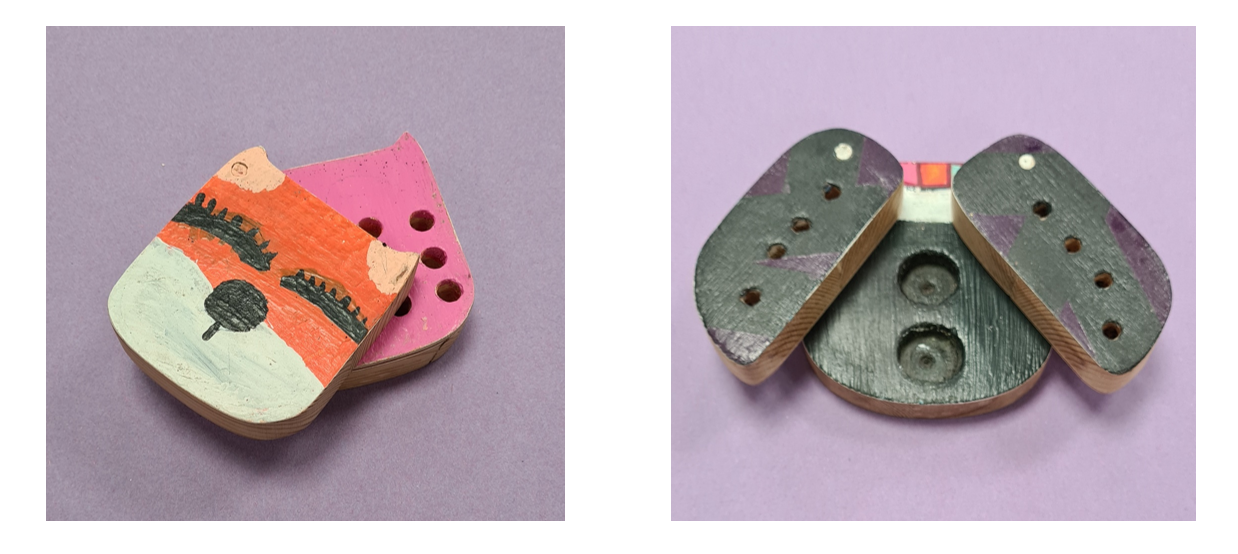
Year 8
Design Styles Project – students learn about different design styles from history expanding their research skills. They then develop designs from their research in order to reflect a specific design style. They make a box using hand skills and CADCAM in order to manufacture a high quality product.
3D Printer project – students learn how to use a 3D CAD package to design small products such as MP3 players. They then learn how the 3D printer works and use it to manufacture small prototypes of their designs.
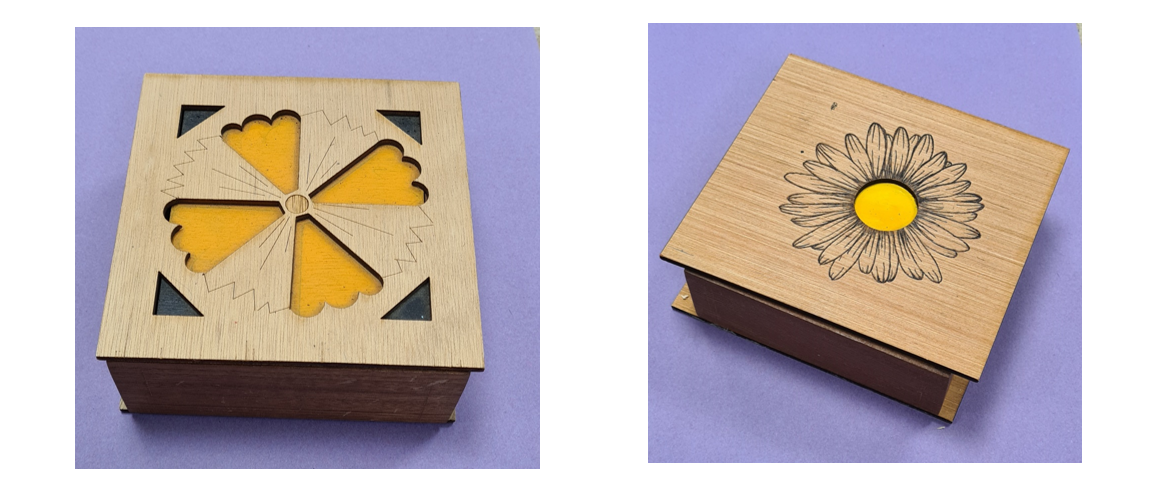
Year 9
Tokyo Style Jewellery project – students learn about design from different cultures (specifically Japan).They research Japanese design styles and use this to produce a Japanese Style piece of jewellery (or other small product). The students are expected to work more independently and use the project to produce their own individual designs. Students test their designs by producing prototypes using the 3D printer and once their design is perfect they then cast their final product out of pewter. The products are then hand finished.
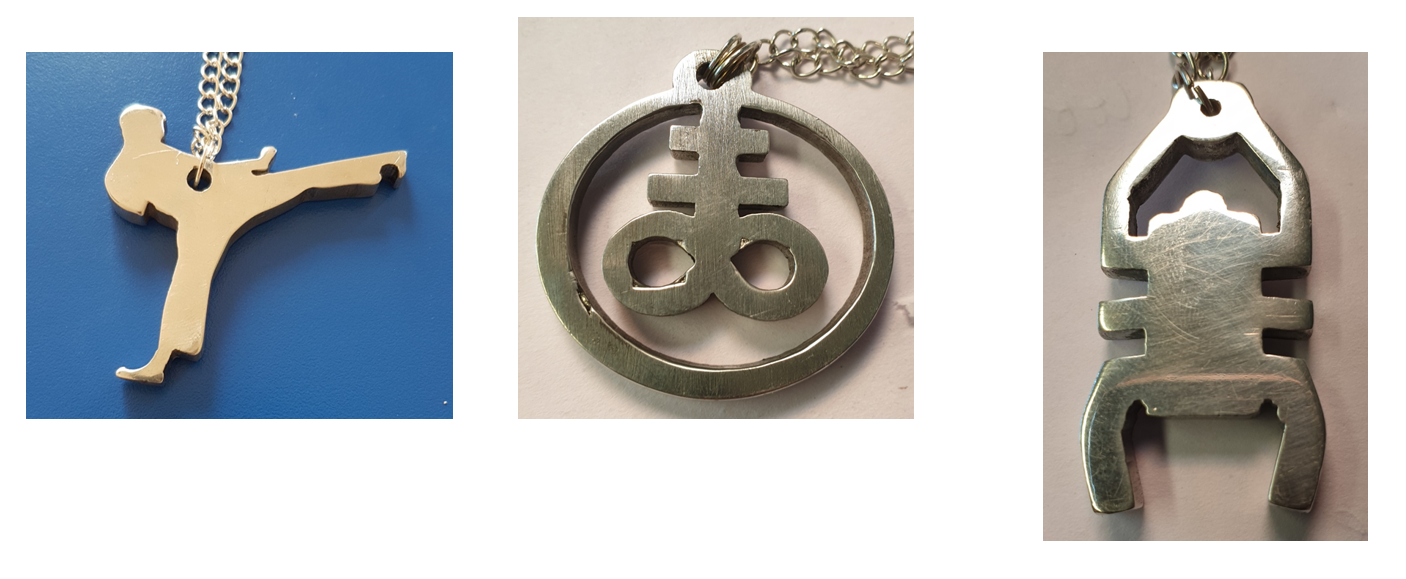
Years 10 and 11 (GCSE)
In KS4, students can choose to study Resistant Materials at GCSE. In Year 10, students develop their knowledge of materials in greater depth. They learn how they materials join, are manipulated and modified. They learn about designing for human use, how things stand up (and stay up), mechanisms, industrial technology and how their design choices affect our environment.
This enables them to select from a wide range of possible projects in Year 11 on which they will spend time designing and making a significant piece of furniture or equipment in response to a specific brief. They develop a portfolio of work that explores all aspects of their design and builds experience which they can take in the future into the creative industries. These might include architecture, engineering, furniture, product or industrial design as well as providing craft skills in various material areas.
Resistant Materials works closely with the other subject areas within Design and Technology to nurture our pupils’ creativity and their ability to direct it into meaningful projects with realistic and high quality outcomes. We hope our young people will become equipped to help create a better world for us all.
Links - AQA GCSE Resistant Materials Specification
Year 10
Skills Building projects – These projects, in wood, metal and plastic allow students to explore different techniques, make mistakes and learn the properties and methods of manufacture suitable for each material.
Knowledge and Understanding – lessons are built into the projects which develop knowledge and understanding of a range of design and manufacturing issues including; sustainability, ergonomics, mechanisms, health and safety. These lessons are designed to target the areas of the syllabus not met in the project work.
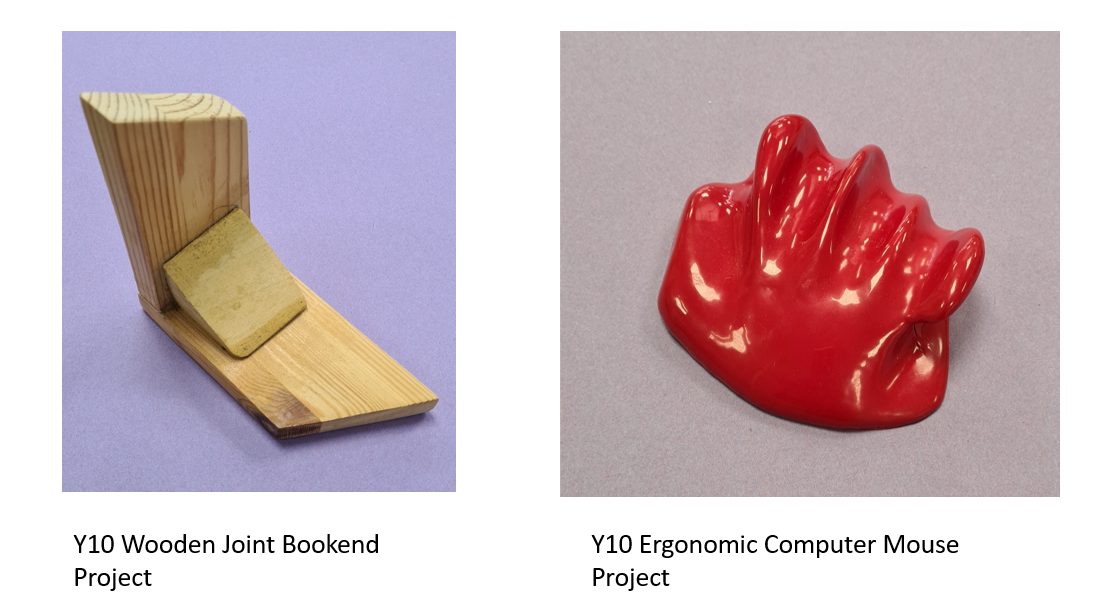
Year 11
Major Project – the major project is worth 50% of the final GCSE grade. The project involves analysing and researching a specific design scenario leading to an original design for a product. Each student must identify a design problem and work with a client in order to fully meet the needs of the design requirements. Designs are developed and prototyped in order to produce a design which fulfils their design specification as closely as possible. They must then produce a final prototype to a high standard. All project work is submitted electronically and is completed under close supervision.
Exam – the 2 hour exam at the end of Year 11 tests student’s knowledge of key areas of the syllabus and is worth 50% of the final GCSE grade. It tests a wide range of knowledge from the entire specification and is split into three main sections, Core Technical Principles, Specialist Technical Principles and Designing and Making Principles. There are a mixture of questions including multiple choice, short answer questions, drawing skills questions as well as longer essay style questions. 15% of the questions have a mathematical element to them.
